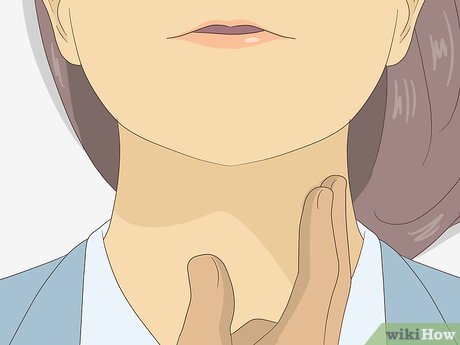Best Time To Take Zinc: Zinc Supplement Tips And Recommendations

Zinc is an essential trace mineral that plays a pivotal role in various bodily functions including immune system health, DNA synthesis, and cell division. It’s commonly taken to boost the immune system, support skin health, and even to encourage proper senses of taste and smell. Given its importance, many people add zinc supplements to their diet but are often unsure about the best time to take them for maximum absorption and efficacy. Let’s delve into some tips and recommendations for incorporating zinc supplements into your routine.
Optimal Timing for Absorption
The body does not store zinc, so it’s important to consume it regularly. The best time to take zinc is about an hour before or two hours after meals. This timing helps enhance your body’s absorption of the mineral. However, if you find taking zinc on an empty stomach upsets it, then go ahead and take it with food. To avoid this issue altogether, choosing a chelated form of zinc can be more gentle on the stomach.
Interactions with Other Nutrients
Take note that high doses of calcium or iron can interfere with the absorption of zinc. To prevent potential interactions, it would be prudent not to take your zinc supplement at the same time as other mineral supplements unless they’re designed to be taken together.
Consideration for Immune Health
During cold and flu season, or when you feel an illness coming on, taking zinc promptly can be beneficial. Early intake can help bolster your immune response. For ongoing support, a regular dose as part of your daily routine will suffice.
Night-time Supplementation
If you are considering taking zinc for its potential role in improving sleep quality due to its interaction with neurotransmitters like GABA and melatonin, taking it before bed may provide benefits. Though research on this specific timing is not conclusive, some professionals suggest that taking a small dose in the evening could support better sleep.
Dosage Recommendations
While optimal dosages can vary based on individual health needs, a general guideline for adults is around 9 to 11 milligrams per day. However, because too much zinc can cause adverse effects like nausea and inhibiting copper absorption which is another important nutrient – it’s key not to exceed the recommended upper limit of 40 milligrams per day unless instructed by a healthcare provider.
Always remember that individual needs may vary and what works best for one person may not work as well for another. Consulting with your doctor or a registered dietitian before starting any new supplement regimen is always wise.
By following these tips and paying attention to how your body responds, you can optimize your zinc supplementation routine for better overall health outcomes.





